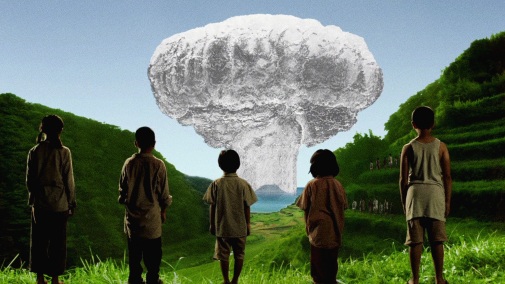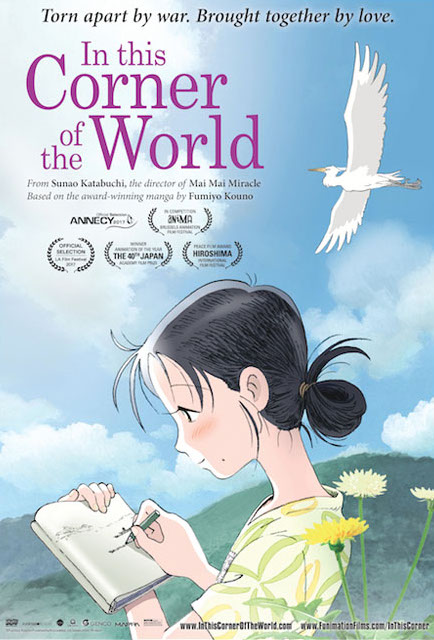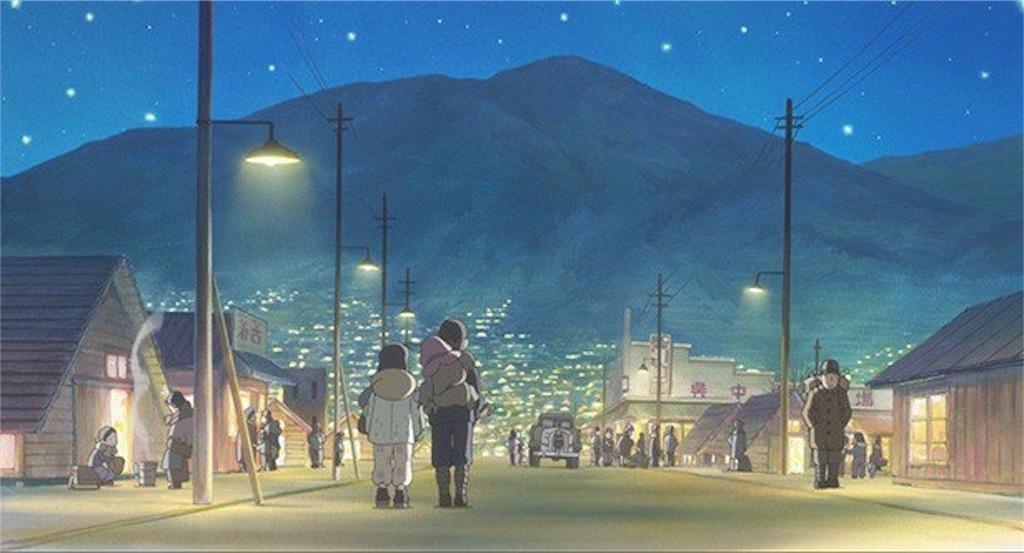Beyond "Oppenheimer": An Alternative Watchlist
 Thursday, August 10, 2023 at 10:30AM
Thursday, August 10, 2023 at 10:30AM  HANAGATAMI (2017) Nobuhiko Obayashi
HANAGATAMI (2017) Nobuhiko Obayashi
On August 6th, 1945, the atomic bomb, nicknamed Little Boy, hit the Japanese city of Hiroshima. On August 9th, a second device, Fat Man, was dropped on Nagasaki. Between those immediately killed in the American attack and the thousands who would perish in the subsequent months, 129,000-226,000 lives were lost, most civilian. Japan had been effectively defeated before the nuclear assault, but the nation's surrender to Allied Forces came on August 15th. According to historians over the decades and high-ranking military of the time, the US needn't have perpetrated such horrors.
And yet, for some, the idea of the bombings as a necessary evil persists. Considering this, one shouldn't be shocked that some viewers came out of Christopher Nolan's latest, grumbling it hadn't done enough to question the narrative. A common complaint is that Oppenheimer doesn't show the effects of the bombings, looking away like its titular character when confronted by such images. But would those images have fit the picture's intentions? Isn't the inability to consider consequences beyond abstraction one of the narrative's central tenets?
As one marks these days of remembrance, it may be more productive to look beyond Oppenheimer and consider Japan's perspective. Perhaps, it's not that Nolan pulled his punches, but that they weren't his to throw…




